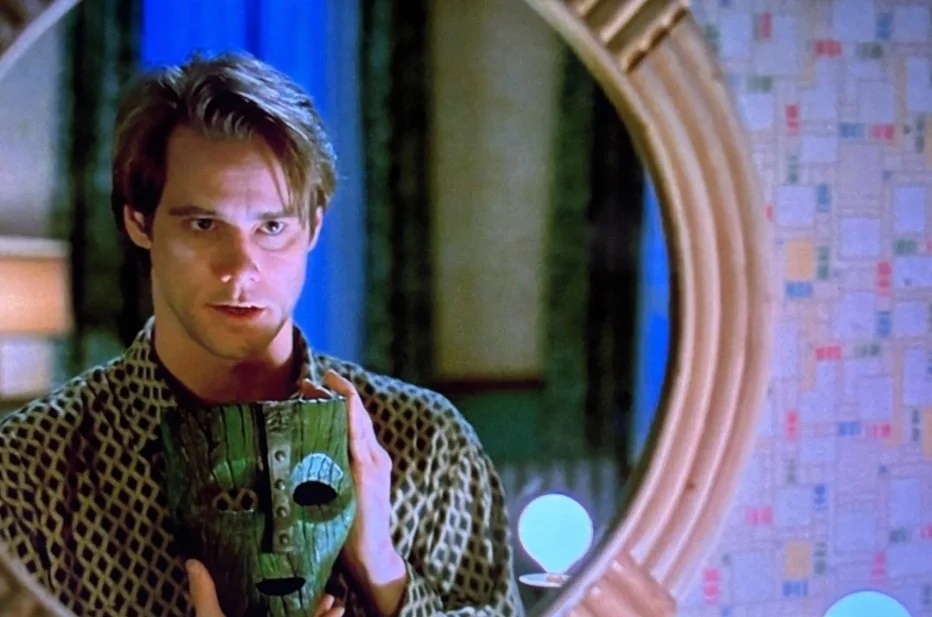In a conversation with Catherine Quiring of the Coming Home to Ourselves Substack, we explore the Enneagram through the lens of the show Ted Lasso, going into the importance of emotional intelligence, the role of instincts & subtypes in the Enneagram, and how these concepts can help individuals navigate their personal growth and relationships.
Relationship Patterns of the Three Enneagram Instincts
In a conversation with Jenn Pinkerton of the Redhead Reveal Podcast, we explore what kinds of relationship patterns the three Enneagram Instincts (Self-Preservation, Social, & Sexual) get stuck in and how to grow beyond. See how your & your loved one’s instinct sequence helps & hurts your connection!
How the Enneagram Adds Dimensions to the Genogram (ft. the Bridgertons)
How Brainspotting can Strengthen Your Relationships
Struggling with emotional triggers or intimacy issues in your relationships because you were hurt in the past? Brainspotting is a powerful trauma therapy that helps you release past wounds stored in the body—so you can clearly see and effectively attend to each new person and moment clearly for what it is, instead of what your old trauma ghosts tell you they are.
How "The Mask" is the Perfect Metaphor for the Enneagram
Enneagram Types & Therapy
Enneagram Heart Types Panel: Type 2, 3, and 4
How Enneagram Type-Specific Retreats Help You Dive Deep into Your Personality
Healing Burnout with the Enneagram
Enneagram & Personal Styling
What's Your Relationship With Rest?
How Different Enneagram Type Really Feels About Their Birthdays
The Enneagram Instincts & Creativity
The Central Themes for Each Enneagram Type
The Nine Types of the Enneagram
Enneagram Body Types - 8s, 9s, 1s
Enneagram Heart Types - 2s, 3s, 4s
Joanne Kim (OliveMe Counseling) and Melinda Olsen (Inviterra Counseling) join Nikhil Sharma (AlignUs World) in a six-part series to introduce the Enneagram - a personality framework that reveals our subconscious patterns. Check out the fifth part of this series here on the Enneagram Heart types - the feelers (Enneagram 2, 3, 4)
An Intro to the Enneagram (Part II)
The Emotional Habits of Enneagram Head Types
The Emotional Habits of Enneagram Types (Part 1: Introduction)
Joanne (OliveMe Counseling) and Melinda (Inviterra Counseling) are Enneagram therapists who love helping people grow beyond their reactive patterns of thinking, feeling, and doing. Listen to the introduction of their 4-part series as they discuss emotions, the Enneagram, the three Centers of Intelligence and dominant instincts.
























